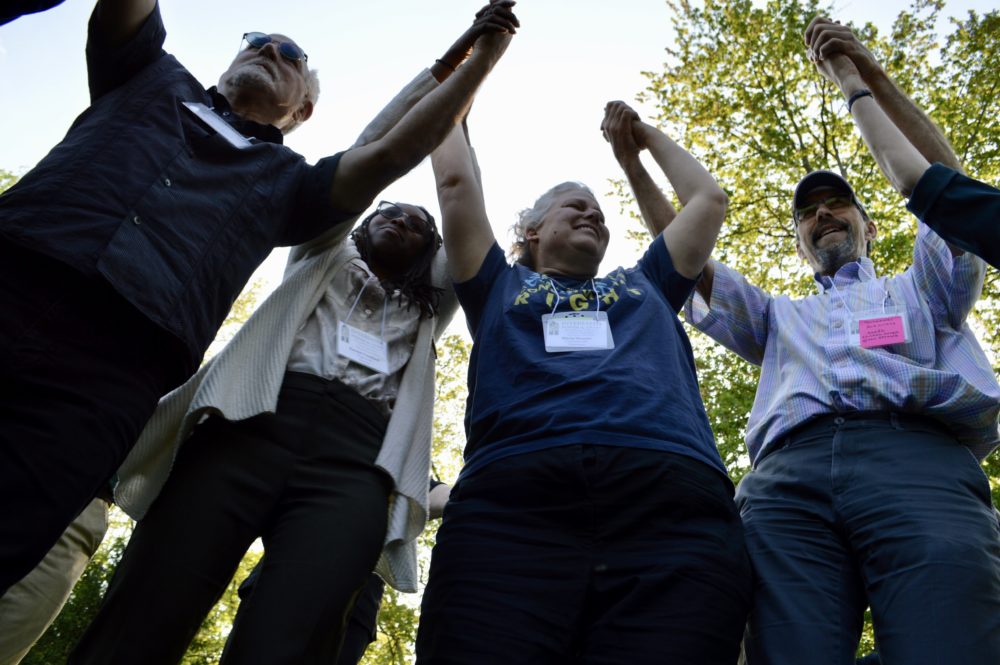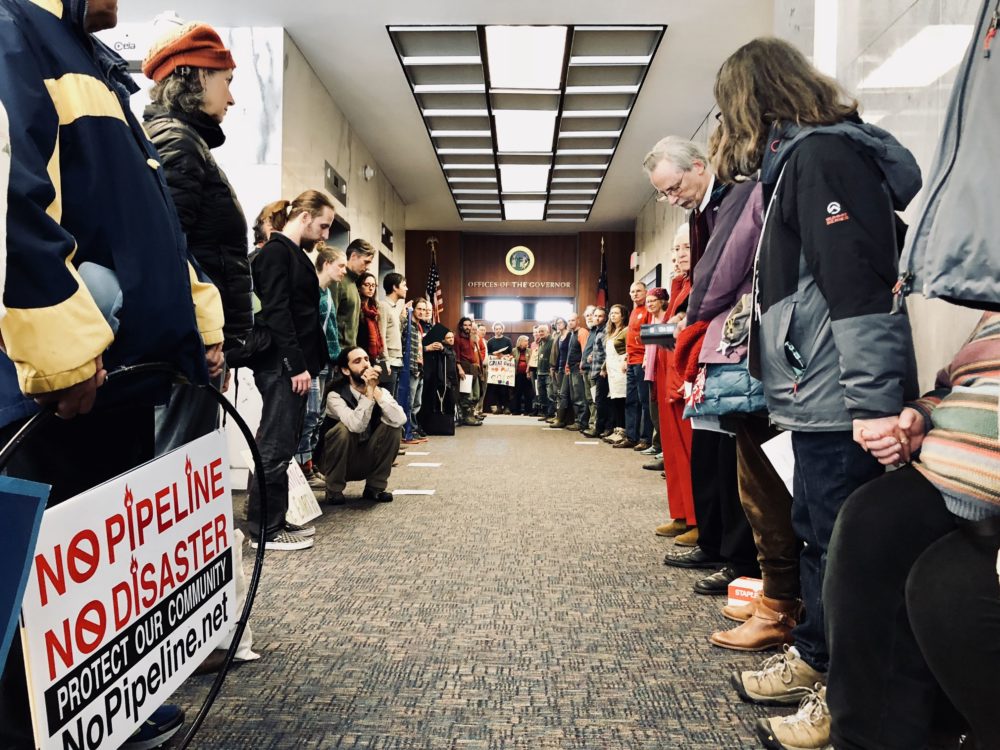The North Carolina Council of Churches educates, inspires, and mobilizes faith communities to advocate for justice.
Our Mission

We enable denominations, congregations, and people of faith to impact our state on issues such as economic justice and development, human well-being, equality, and compassion and peace, following the example and mission of Jesus Christ.
Our Vision
People of faith leading the social justice movement to create equitable, compassionate, and thriving communities for all.

Background
Founded in 1935 to address racial inequality, the North Carolina Council of Churches was quite possibly the first place in North Carolina, or even the southeast, that white and black leaders sat together as equals around the same table to address issues mutually important to all. Our members include 27 judicatories of 19 denominations and seven individual congregations. Across the state, our members have over 6,200 congregations. We reach into every corner of North Carolina and have a presence in nearly every neighborhood and community. The Council has often acted courageously in the face of hostility and always spoken prophetically in the face of injustice.
Our primary program areas right now are environmental justice and health and welfare. We are also extensively advocating around gun violence prevention, public education, raising wages, overdose awareness, racial equity, HIV advocacy, mental health advocacy, death penalty abolition, cash bail reform, and immigrants’ rights. With each new enterprise, the Council frequently finds itself out in front of where society and the church eventually end up.
We have a proven record of moving ahead of the curve on the social issues of its day even when our position was not popular among the churches or the culture. While the issues we address mirror the attitude of most progressive organizations around us, we have a singular starting place. We refract everything through the lens of faith. This starting place offers a different tenor to the conversation and leads to conclusions grounded in God’s intention for the flourishing of all creation.
Religious belief and faith practices remain an important part of the fabric of North Carolinians. By highlighting this common heritage, the Council provides an essential added ingredient for the hope that “every North Carolinian has the resources and opportunities to achieve their full potential . . .” Indeed, our faith calls us to nothing less.
